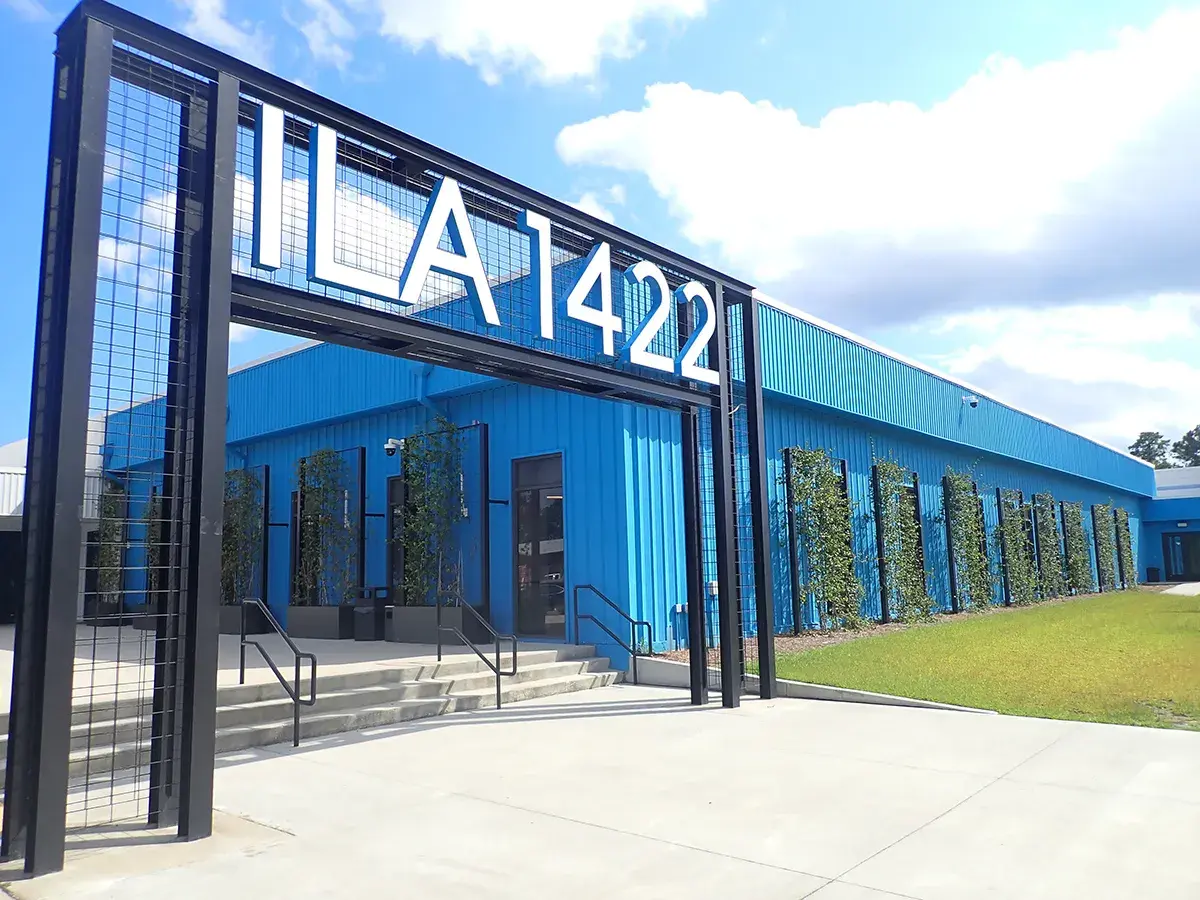Physical Address
304 North Cardinal St.
Dorchester Center, MA 02124
Physical Address
304 North Cardinal St.
Dorchester Center, MA 02124

The International Longshoremen’s Association (I.L.A.) is the largest union representing longshore workers in the U.S., Canada, and Puerto Rico. I.L.A. Local 1422 is based in Charleston, South Carolina, and is an influential chapter that plays a key role in the region’s maritime industry. The workers in this union are responsible for handling the loading and unloading of cargo on vessels that enter Charleston’s busy port, one of the most crucial gateways for trade in the Southeastern United States.
Work orders serve as a formal request for services that need to be completed at a port. In the context of I.L.A. 1422, work orders are essential for coordinating the labor required for efficient port operations. These orders specify the nature of the job, the equipment required, and the manpower necessary to complete the tasks within a set timeframe. Work orders ensure that operations at the port run smoothly and safely, with minimal delays.
I.L.A. 1422’s work order process is constantly evolving with industry trends. Technology plays a significant role in streamlining the work order system. Digital work orders have replaced paper forms in many cases, allowing for quicker submission and processing of requests. Real-time communication between shipping companies and I.L.A. officials has also improved significantly, reducing delays and increasing productivity.
Safety is a top priority in the maritime industry, and the I.L.A. 1422 ensures that all work orders comply with stringent safety regulations. Regular safety audits and training sessions for workers help maintain high standards, minimizing risks in high-pressure environments like ports.
One of the latest innovations in the I.L.A. 1422 work order system is the implementation of real-time tracking. Shipping companies and port authorities can now track the status of work orders in real time, allowing for better management of resources and schedules. This system also helps anticipate potential issues before they arise, such as equipment shortages or worker availability problems.
Automation is another trend reshaping the work order system. Automated tools for assigning labor and equipment based on the requirements of each work order help optimize workflows, improving both efficiency and accuracy.
The shift towards mobile applications for work order management has also become increasingly prevalent. These apps allow workers to receive assignments, report completion, and communicate with supervisors directly from their smartphones or tablets. This digital integration ensures faster response times and reduces the likelihood of miscommunication.
One of the primary challenges facing the I.L.A. 1422 is the potential shortage of skilled labor. As the maritime industry grows, the demand for experienced longshoremen increases, but the number of new recruits entering the field isn’t keeping pace. To address this, I.L.A. 1422 has ramped up its recruitment efforts, offering apprenticeship programs and training initiatives designed to attract new talent.
With increasing global trade, ports like Charleston are handling larger volumes of cargo than ever before. This places a significant strain on the work order system, which must coordinate the efficient handling of cargo within tight schedules. I.L.A. 1422 has responded by increasing collaboration between management, labor, and shipping companies to ensure smoother operations.
The work order system is the backbone of port operations, ensuring that cargo is handled in a timely and organized manner. By refining the work order process, I.L.A. 1422 has helped boost overall port efficiency, reducing the frequency of delays that can disrupt global supply chains. This contributes to the port of Charleston’s status as one of the most reliable in the United States.
As trade continues to expand between the U.S. and international markets, particularly in Europe and Asia, the I.L.A. 1422 plays a crucial role in facilitating these exchanges. By ensuring that cargo is handled with care and precision, they help support the smooth movement of goods across borders.
The I.L.A. 1422 work order system is an integral part of port operations in Charleston, contributing to the region’s economic growth and global trade. With advancements in technology and a focus on safety, the future looks promising for this system. However, the union must continue to address challenges like labor shortages and increased cargo volumes to maintain its role as a leader in the maritime industry.
As technology evolves, the I.L.A. 1422’s work order process will likely become even more streamlined, enabling faster and more efficient port operations. This continuous improvement will be vital for keeping up with the demands of modern global trade.